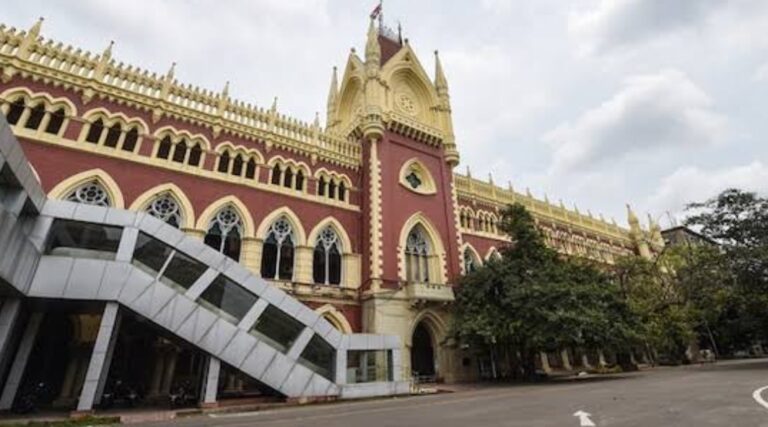In a significant ruling, the Calcutta High Court has set aside orders denying Input Tax Credit (ITC) to a purchaser, holding that the taxpayer cannot be penalised when no fault is attributable on their part in complying with GST obligations.
Case Background
The petitioner, Sanchita Kundu & Anr, was denied ITC by the GST department through an order dated 27.12.2021. The department claimed that the suppliers’ GST registration had been cancelled retrospectively, covering the transaction period in question. Based on this, the petitioner was saddled with penalty and interest under the CGST/SGST Act. Subsequent orders dated 29.03.2022 and 30.03.2022 (Annexure P-10 of the writ petition) were also challenged before the High Court.
Petitioner’s Arguments
-
The transactions were genuine and duly supported by valid tax invoices, payment records and GST filings.
-
Supplier details and registrations were available on the GSTN portal at the time of purchase, indicating that the suppliers were validly registered.
-
The purchaser cannot be held responsible if the suppliers were later found to be fake or if their registrations were retrospectively cancelled.
-
Unless there is concrete evidence proving collusion between the purchaser and suppliers, ITC benefit cannot be denied.
-
All purchase data was duly reflected in GSTR-2A, which substantiated the genuineness of the transactions.
High Court’s Observations
The Court noted that:
-
Records and checks did not establish any failure on the part of the petitioner in fulfilling GST compliance.
-
Verification of the supplier’s registration was indeed done at the relevant time.
-
The denial of ITC solely on the basis of retrospective cancellation of suppliers’ registration was unjustified.
Accordingly, the High Court quashed the impugned orders and remanded the matter back to the adjudicating officer with clear directions.
Directions Issued by the Court
The adjudicating authority has been instructed to:
-
Reconsider the case based on all supporting documents produced by the petitioner.
-
Verify whether payments including GST were actually made to the suppliers.
-
Examine if the transactions were conducted before or after the cancellation of suppliers’ GST registration.
-
Assess whether the petitioner complied with all legal obligations in verifying suppliers’ credentials.
The Court further stated that if the transactions are found genuine, supported by documents, made prior to cancellation, and consistent with earlier judicial precedents, the petitioners must be granted the benefit of ITC.
The officer has also been directed to issue a reasoned and speaking order after giving the petitioners a proper hearing, within eight weeks of receiving the High Court’s order.
Key Takeaway
This judgment reinforces the principle that purchasers cannot be penalised for the lapses of suppliers when they have exercised due diligence and complied with GST laws. The ruling provides major relief to taxpayers facing ITC denial due to retrospective cancellation of their suppliers’ GST registration.
